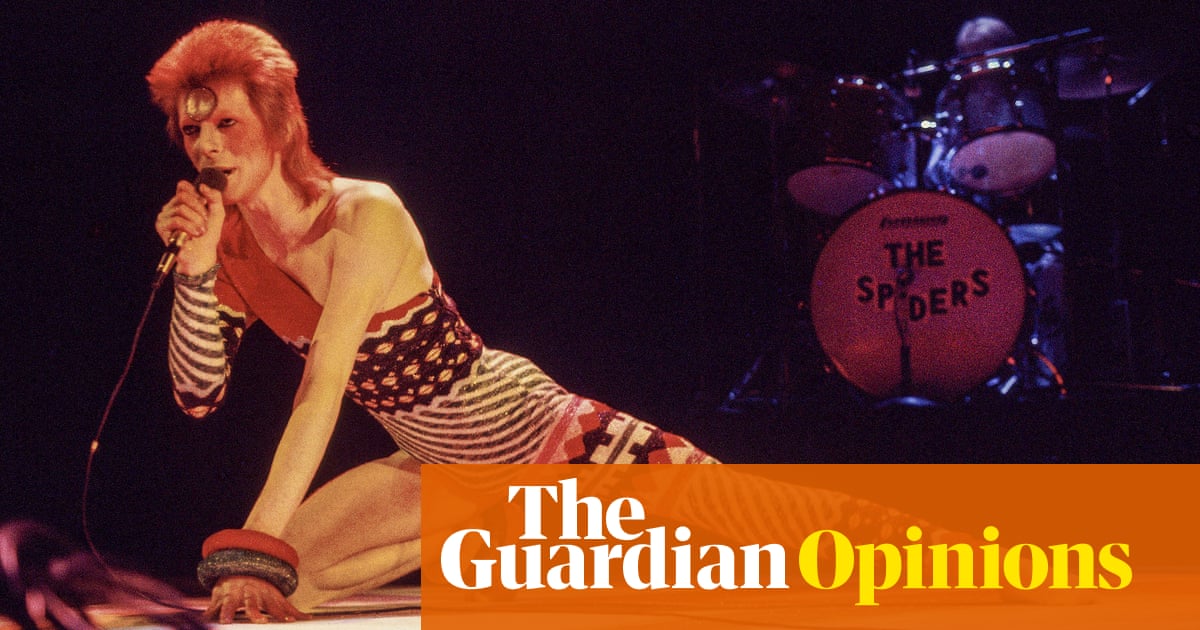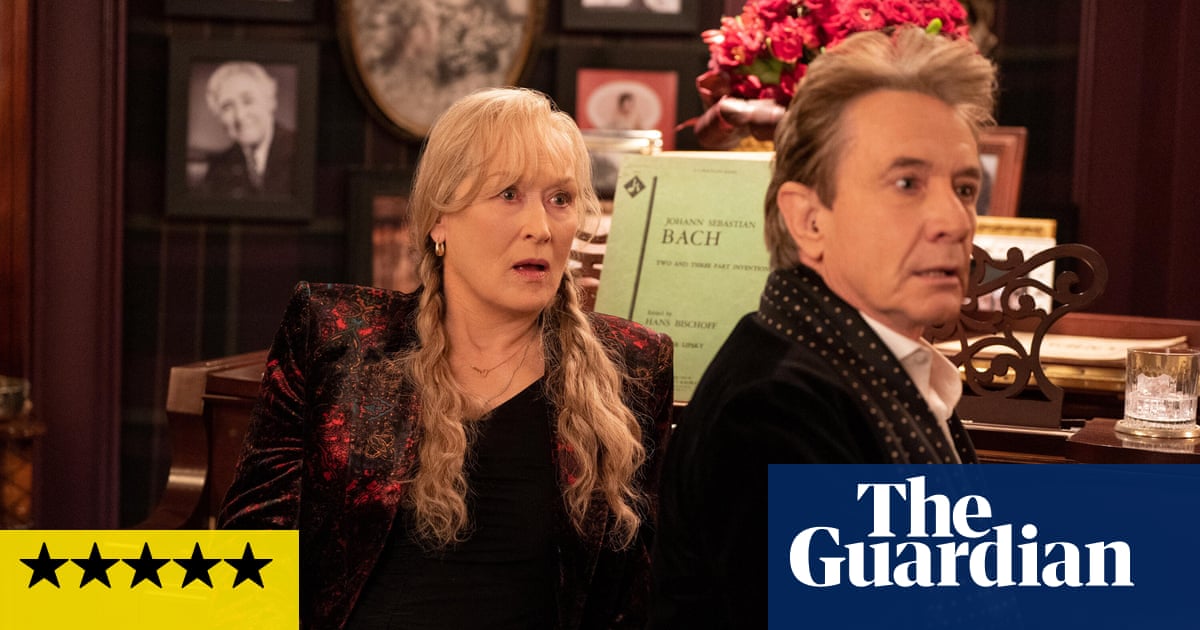
When John Lydon sang in 1976 that anarchy was coming to the UK, he wasn’t far wrong. Genuine anarchism (a noble political tradition) certainly didn’t descend on Britain in the wake of punk rock and Margaret Thatcher’s general election victory three years later. But since 1979, the consensus that the British state should empower individuals through social security (such as the “council tenancy” Lydon sneered at in Anarchy in the UK) has been steadily unpicked by Thatcher and her successors – a triumph for laissez-faire anti-statism, if not quite anarchy itself.
The irony is that countercultural outbursts like punk were really enabled by the statist policies of postwar Britain. For all that countless artists, musicians and writers from the 50s to the 80s saw government as the enemy and thought they were mavericks railing against the system, the flourishing culture of the period was very much a product of the welfare state and its nurturing social infrastructures.
Many in Lydon’s generation went to university or art school without paying anything; others had their fees heavily subsidised by the state. Budgets for local drama and public art projects were far more generous. Beneath all this was the safety net of full employment, dole and affordable housing. These conditions made postwar Britain an ideal breeding ground for confident and adventurous new forms of art, fostering everything from the plays of Shelagh Delaney to the films of Alan Clarke, the paintings of Lubaina Himid and the music of David Bowie.
Today, our political system has little sympathy for artists. As the actor Julie Hesmondhalgh said last week, young artists in 2020s Britain are often caught-up in the “Kafkaesque” perfect storm of a punitive benefits system, an intractable housing crisis and an unforgiving work culture – all of which can leave very little time or space for creative experiments.
This, surely, is one of the reasons why the most successful creative practitioners in all art forms now tend to be those with access to private resources (money, education, contacts), or else members of older generations who got their big break in earlier, less precarious times. Meanwhile, as Hesmondhalgh rightly argues, opportunities for younger artists on the margins of society – working-class people, disabled people, people from minority ethnic backgrounds, the non-connected – are vanishingly few.
There is an underlying lesson here about the relationship between culture and politics in a civilised society. While politicians involved in recent initiatives like levelling up (remember that?) are fond of endlessly trumpeting the potential of culture to lead the way when it comes to regeneration and reform, there is a sense in which it really should be the other way round.
In other words, if we take the culture of the postwar years as representative of a time when art was unusually good – a view popular even, or rather especially, on the nostalgic right – then it is the political climate of that period, which guaranteed a rare amount of security for artists, that we need to revive, rather than waiting for culture to lead the way out of national decline.
It is not necessarily a question of increasing government funding for creative initiatives, welcome though that would be. Instead, we need to think at the deepest level about what it takes for a society to be able to regenerate itself and allow the new to be born. Just as the declining birthrate among younger Britons seems far more likely to be due to a hostile social environment than any sudden change in attitudes to parenting, so too we need to look at the fundamental inability of our society to provide basic forms of security – in education, housing, welfare and employment – if we are to understand why it is now so difficult for young innovators in all the arts to achieve breakthrough.
Oscar Wilde once wrote that “the condition of perfection is idleness: the aim of perfection is youth”. Somewhere in this knotted epigram is a profound truth about the vital social importance of allowing young people to explore the world and themselves in their formative years, without them having to worry unduly about imminent pressures of money and work.
If this sort of experience is to be accessible to everyone rather than just a moneyed elite, history tells us that sooner or later the state will have to step in to make it happen. Far from being the enemy of creative freedom, social security in the widest, deepest sense is the practical means by which personally liberating – and, ultimately, socially useful – imaginative ideas are given the space to grow.
Alex Niven is a lecturer in English literature at Newcastle University and the author of The North Will Rise Again












